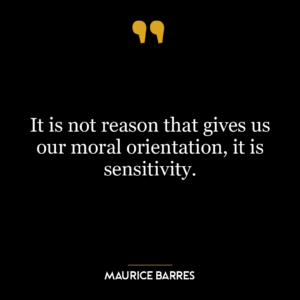This quote suggests that the English, according to Benjamin Franklin’s observation, value the authenticity and frankness that comes with an insult. They consider it a measure of a person’s sincerity, as it shows a willingness to speak one’s mind, even if it means offending someone. This doesn’t mean they appreciate rudeness or disrespect, but rather they appreciate honesty, even when it’s uncomfortable or harsh.
The quote implies a cultural difference in communication styles, where the English may be more comfortable with direct and unvarnished truth, while other cultures may prefer a more diplomatic or polite approach. It’s important to note that Franklin’s observation may not necessarily hold true for every English person, as individuals can vary greatly within a culture.
In today’s world, this quote could be interpreted as a call for more honesty and directness in communication. In personal development, it could be seen as a reminder to value authenticity and sincerity over superficial politeness. It suggests that being sincere, even if it means risking offense, can be a sign of strength and integrity. However, it’s also crucial to balance honesty with respect and empathy, to avoid unnecessary hurt or conflict.
In the context of social media and online communication, where people often hide behind a screen, this quote could be a reminder to be more genuine and truthful in our interactions. It could also be seen as a critique of “cancel culture”, where people are often quick to judge or condemn others for their mistakes, without giving them a chance to learn or grow.
In a broader societal context, this quote could be applied to the importance of free speech and open dialogue, as well as the need for more transparency and accountability in politics and other areas of public life. It could also be interpreted as a call for more tolerance and understanding of different communication styles and cultural norms.











